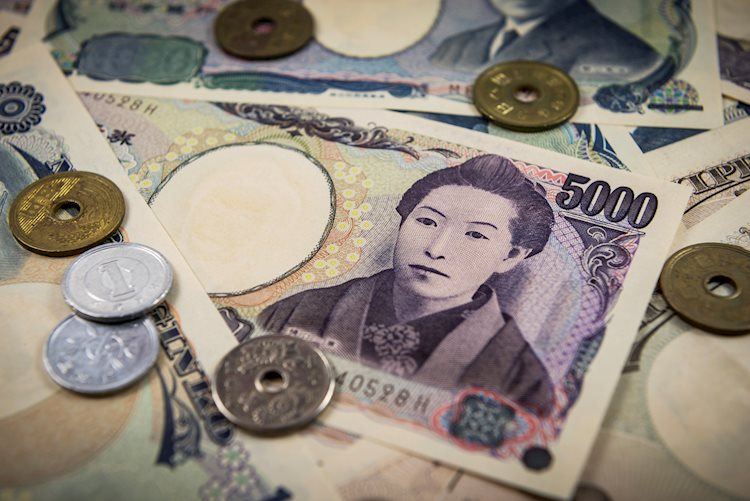The USD/JPY pair remains near a 38-year high of 161.75, with the Japanese Yen holding losses as the Jibun Bank Japan Services PMI was revised downward to 49.4 in June, indicating contraction in business activity. Market focus shifts to the possibility of FX intervention from the Bank of Japan to support the JPY and limit USD/JPY gains. Japan’s 10-year government bond yield hits a near 13-year high, prompting evaluation of the BoJ’s monetary policy and plans to reduce bond purchases.
The US Dollar rebounds due to increased yield on a 2-year Treasury bond, halting a four-day losing streak. Traders await US economic data releases, including ADP Employment Change, ISM Services PMI, and FOMC Minutes. Federal Reserve Chair Jerome Powell adopts a slightly dovish tone, hinting at disinflation while maintaining a cautious approach to interest rate cuts. Chicago Federal Reserve Bank President Austan Goolsbee warns of potential economic weakening.
Speculation arises regarding the Bank of Japan reducing monthly bond purchases by around $100 billion under a planned quantitative tightening strategy, with possible adjustments in the following year. Japanese Finance Minister Shunichi Suzuki closely monitors FX movements but refrains from specific commentary. Market strategists anticipate potential FX intervention from Japanese authorities to curb excessive volatility in response to USD/JPY trading near 1986 highs.
Technical analysis indicates a bullish bias for the USD/JPY pair, with a possible test of the upper boundary near 161.80. Overbought conditions are signaled by the RSI, suggesting a potential correction. Immediate support lies at the nine-day EMA, with a breach possibly weakening the bullish sentiment. The Japanese Yen struggles against major currencies, with the Australian Dollar showing relative strength.
The Japanese Yen’s value is influenced by factors such as the Bank of Japan’s policy decisions, bond yield differentials between Japan and the US, and market sentiment. BoJ interventions in the currency market aim to control the Yen’s value, which has depreciated due to ultra-loose monetary policies. Divergence between the BoJ and other central banks, like the US Federal Reserve, widens policy differentials that favor the USD against the JPY.
Considered a safe-haven asset, the Japanese Yen tends to strengthen during market turmoil as investors seek stability. Turbulent times can increase the value of the Yen against riskier currencies. Overall, the USD/JPY pair’s movements are influenced by economic data releases, central bank policies, and market sentiment, with potential implications for traders and investors.
















